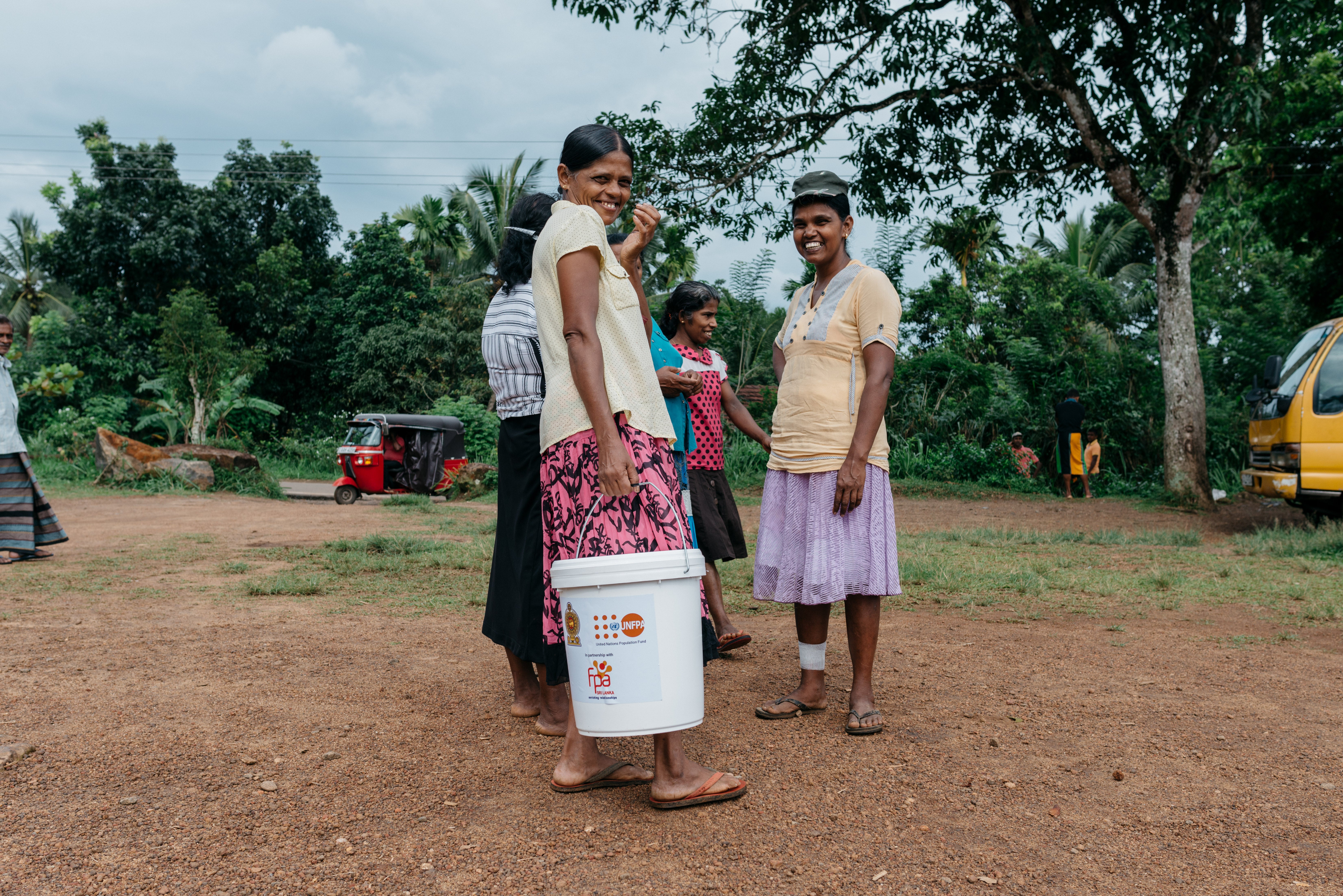The rapid ongoing spread of COVID-19 continues to impact billions of lives around the world. While this virus continues to affect everyone and anyone from all corners of the world, the pandemic has also further exacerbated existing inequalities, pushing vulnerable populations deeper into poverty and into the hidden fringes of society.
Even before public emergencies like COVID-19 plagued the world, people living with disabilities, sex workers, the LGBTQIA+ community, persons living with HIV, women in prisons, migrant women, and other key populations are disproportionally affected by emergencies. They have the least access to resources, specifically health information and services and information on Sexual and Reproductive Health, due to discrimination, social stigma, and they are often left behind in terms of emergency response and preparedness.
Now, these challenges have been made worse by the multifaceted COVID-19 pandemic. For example, LGBTQIA+ people often face violence and discrimination when seeking refuge in emergency situations and there have been reports of being turned away from COVID-19 vaccine drives and healthcare facilities. With the country going in and out of lockdown with travel restrictions being imposed, some of these groups are also vulnerable to unemployment as they often undertake precarious jobs, and live on very limited and unstable financial resources.
“The COVID-19 pandemic has disrupted many livelihoods, but whilst others are able to find odd jobs to sustain themselves, as a sex worker there is little to no scope of work for me. The place I work at has been closed now and no customer wants to come near me due to the fear of contracting COVID-19. My family and I were really struggling - we didn't even have money to buy masks and sanitizers” says *Tanuja from Kurunegala.
Tanuja is one of the hundreds of people across the country who continue to suffer without any access even to basic healthcare in the midst of the pandemic. Recognizing these unique challenges, this year alone, UNFPA has provided 7100 hygiene kits to identified key populations across the country.
UNFPA’s trademark hygiene kits are generally designed to help maintain the basic hygiene of any woman of reproductive age during emergency situations, be it floods, landslides, and any other natural or man-made crises. Dignity is more than someone’s physical or mental wellbeing. It is about meeting the basic needs of women and girls who hold together the fabric of our communities during catastrophes. These hygiene kits, which include sanitary napkins, bath soap, washing powder, and toothpaste, masks, sanitisers, and other essentials, are carefully curated to match the specific needs of the local community. However, in this instance, in partnership with the Family Planning Association of Sri Lanka, through the Emergency Fund allocation, UNFPA curated specific kits to meet the unique needs of persons living with disabilities, female sex workers, members of the LGBTQIA+ community, women living with HIV migrant women and pregnant mothers.

Fully appreciating the provisions of the hygiene kits, *Gihan stated that he considers himself fortunate to have received these items. A resident of the Gampaha District, Gihan was approached through the HIV testing centre he visited some time ago.
“Although my test came back negative, I kept in touch with the organization. So when it came to the distribution of the hygiene kits, I was on their list. As a lorry driver, I can’t afford to keep buying masks and sanitiser with my limited income...I am so thankful to UNFPA for thinking of those of us who are often ignored and isolated in the community”
Whilst not always visible to the public, Gihan and Tanuja are two of the thousands of individuals going through immense hardship simply due to their sexual orientation, gender identity, and profession. Two years into the pandemic it is time to question ourselves - How has the pandemic affected the LGBTQIA+ community? Have we considered these groups in our support and response programmes? and what more can we do to ensure absolutely no one is left behind. With the world racing to recover and respond to the impact of COVID-19, careful attention must be paid to the unique needs of key populations. After all, dignity is a human right!
*Names have been changed to maintain the confidentiality and anonymity of the beneficiaries



